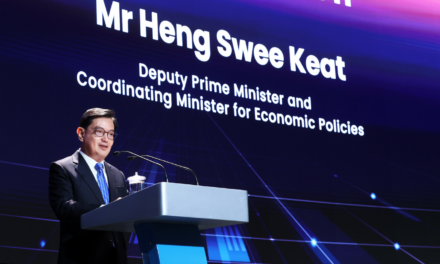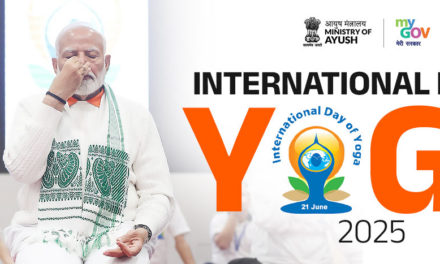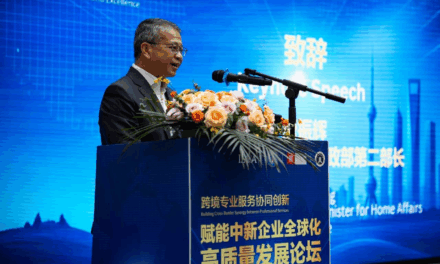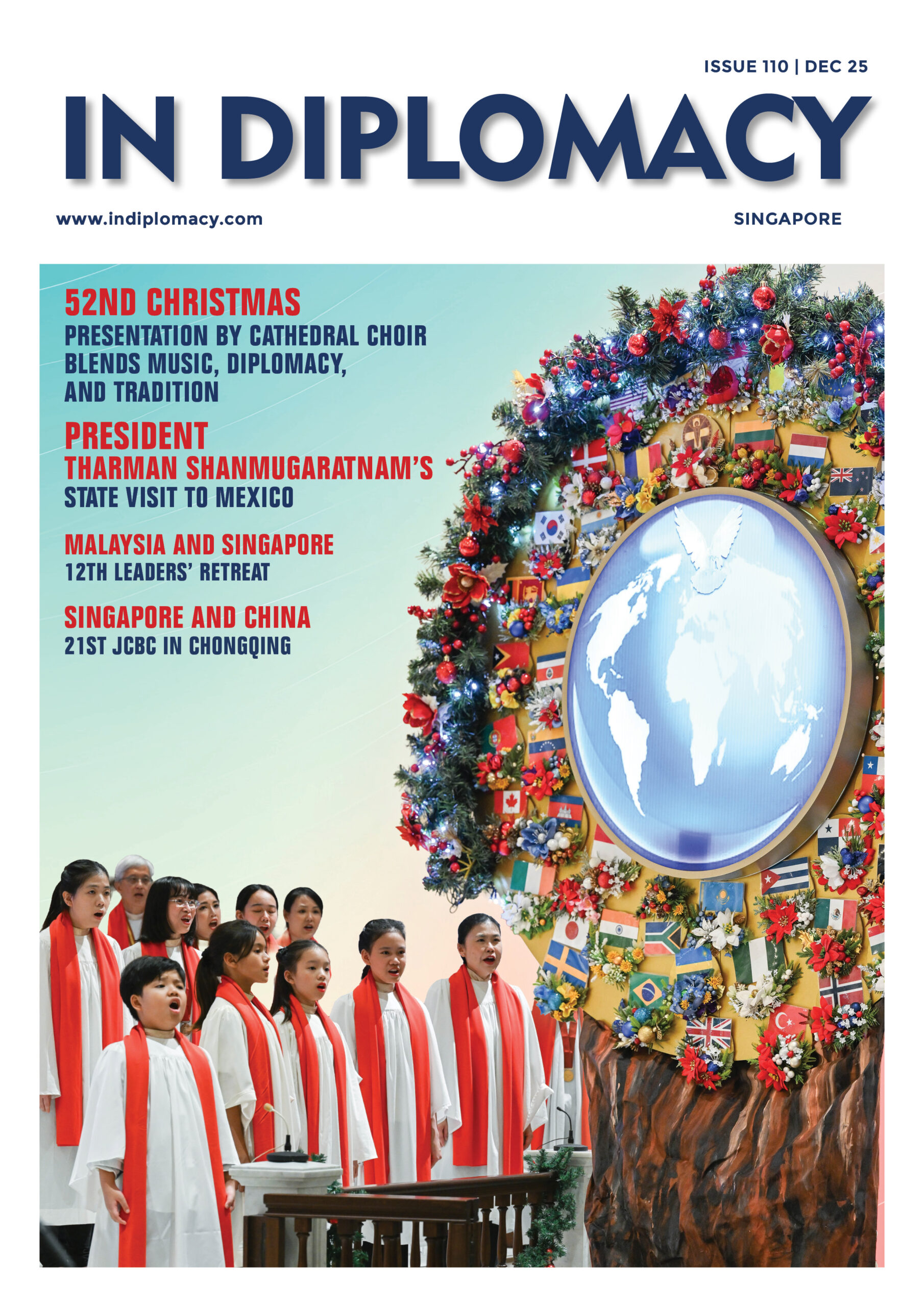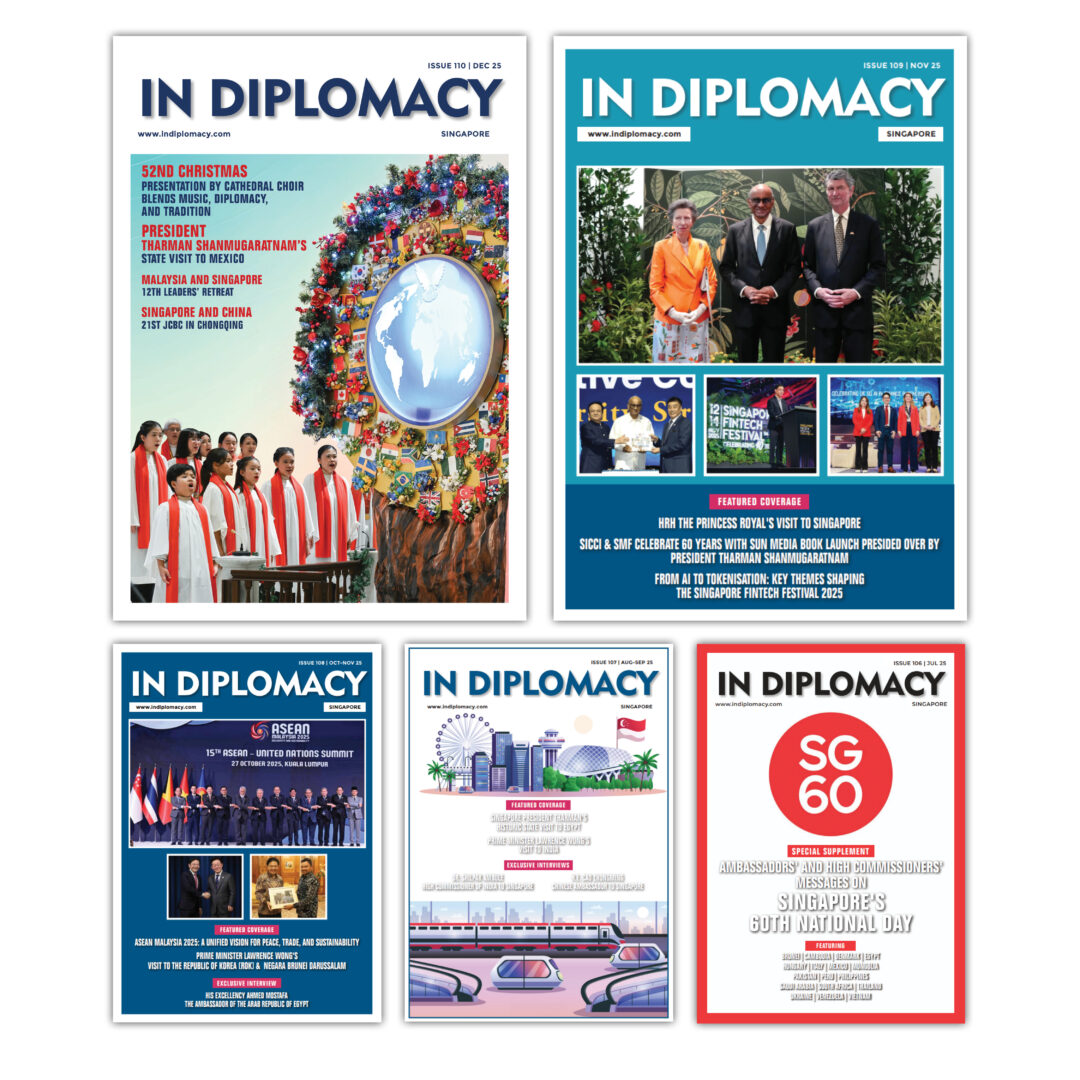Singapore’s maritime sector marks significant growth with record-breaking port tonnage, advancements in digital and green initiatives, and major investments in infrastructure and talent development.
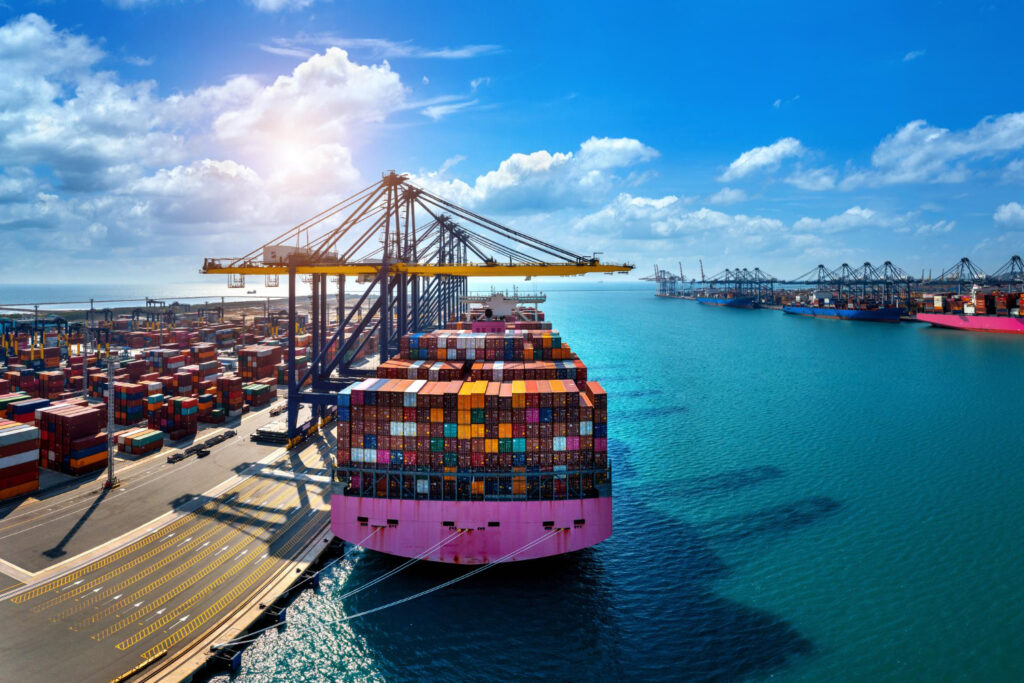
Singapore’s maritime industry has reached new heights in 2023, with the Maritime and Port Authority (MPA) overseeing a total business expenditure of over S$4.8 billion, up from S$4.3 billion in 2022. Notably, 25 maritime companies either set up or expanded their operations in Singapore last year, contributing to the nation’s status as a leading hub port and international maritime centre. These expansions are part of broader efforts to adopt decarbonisation strategies and foster growth.
A historic milestone was achieved with the Port of Singapore’s annual vessel arrival tonnage surpassing three billion Gross Tonnage (GT) for the first time, reflecting a 9.4% increase from 2022 and highlighting growth across all port segments despite a global trade slowdown. Additionally, Singapore’s container throughput grew by 4.6%, reaching a record 39.01 million twenty-foot equivalent units (TEUs).
The Singapore Registry of Ships also made headlines by surpassing 100 million gross tonnage, cementing its place among the world’s largest and most modern ship registries.
In terms of sustainability and innovation, the Maritime Cluster Fund (MCF) introduced a new pillar, MCF – Sustainability, with a S$15 million allocation until 2030 to support the maritime industry’s green transition. The Energy Efficiency Grant (EEG) was extended to the maritime sector, and the Enterprise Financing Scheme – Green will also support maritime businesses adopting green solutions.
Tuas Port’s ongoing development is set to bolster Singapore’s port capacity and efficiency, with new berths opened and reclamation works progressing. Digital initiatives, such as the world’s first digital bunkering and the Just-In-Time Planning and Coordination Platform, are streamlining operations and enhancing sustainability.
To support the maritime workforce, the Tripartite Advisory Panel (TAP) recommended strategies for skill development and adaptation to new technologies and fuels. The Career Conversion Programme (CCP) for Sea Transport Professionals and Associates has been enhanced to support career transitions and upskilling in critical areas like digitalisation, decarbonisation, and cybersecurity.
Source – MPA

